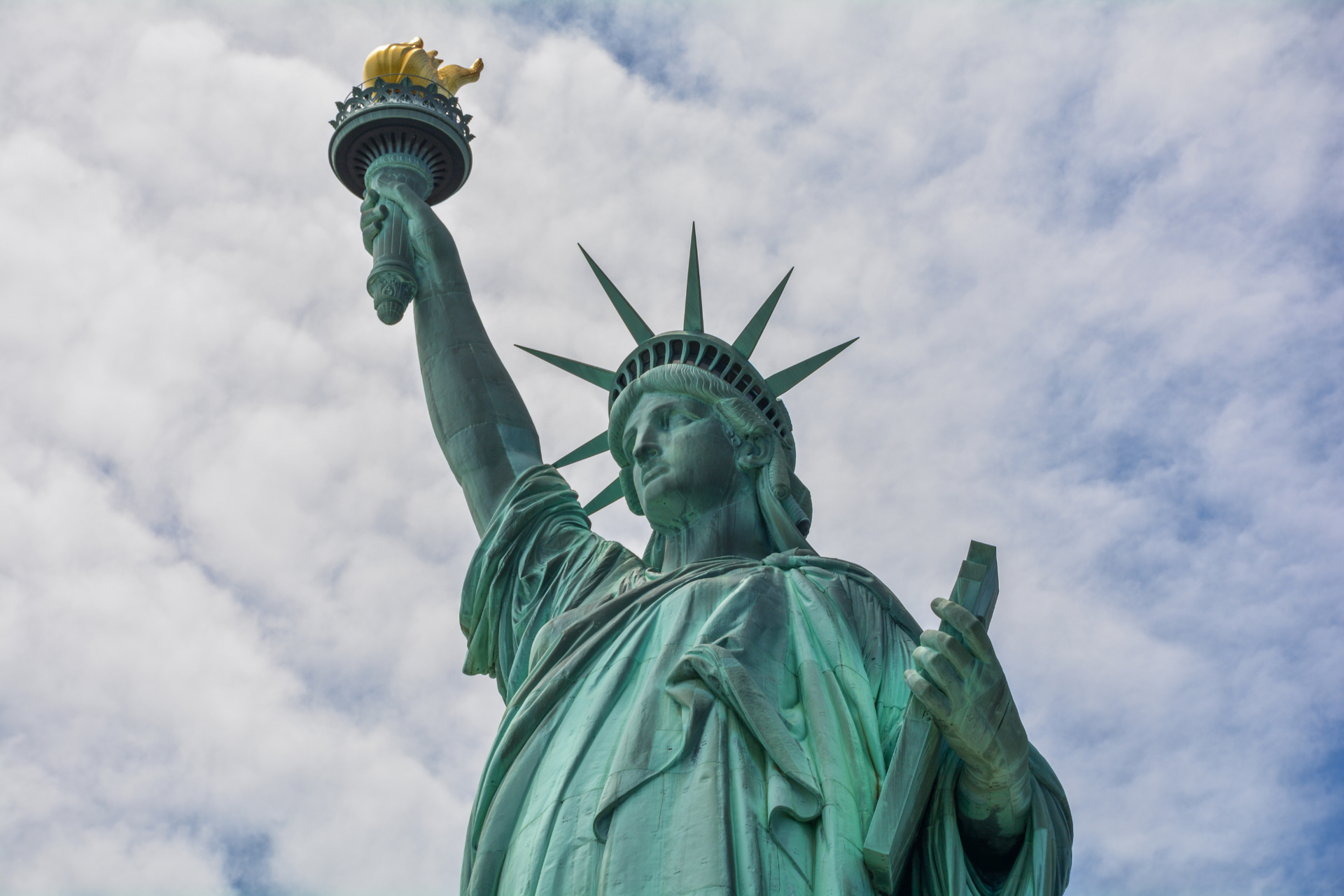José A. Delgado of El Nuevo Dia has published an editorial asking readers to think about what the current Puerto Rico bankruptcy controversy really means.
“The unilateral U.S. control in determining whether the government of Puerto Rico can access a general mechanism for orderly debt restructuring,” he says, “has laid bare the vast federal power over the island.”
Delgado goes on to list several examples in which the U.S. has asserted this power, some of them recent:
- The question of access to chapter 9 protection
- The rejection of Puerto Rico’s attempt last year to pass its own bankruptcy law
- The tax incentives for manufacturing and the end of those tax incentives
Delgado points out that there is no longer any support in Washington for”the old theory that the current commonwealth status is a bilateral pact.” Since the Clinton administration, he says, “Each officer of the congressional committees with jurisdiction over the political future of Puerto Rico, under Democrat or Republican leadership, has stressed the subordination of the island to the federal legislature.”
The Puerto Rico Report has published many such statements by congressional leaders. Delgado quotes the 2011 President’s Task Force on Puerto Rico’s Status that said, “Puerto Rico would be governed, as it is now, by the Territorial Clause of the US Constitution.” He refers to the statement of President George Bush that he could give Puerto Rico away to another country if he wanted to.
He also quotes Senator Fernando Martin:
At some point the three branches of US government, the Decolonization Committee of the United Nations, the Latin American public opinion -through the Community of Latin American and Caribbean States (CELAC) – and the majority of Puerto Ricans in the November 2012 plebiscite have spoken out against the continuation of the territorial regime.
And finally Delgado quotes Resident Commissioner Pedro Pierluisi, who spoke bluntly on the subject:
When the Constitution came into force in 1952, did not change our political status… The name that we give the territory is irrelevant. We have been a territory from 1898 until today. The territorial status has always been, and always will be unfair, undemocratic and unworthy for the people of Puerto Rico.
There is no bilateral pact between the United States and Puerto Rico which Puerto Rico can negotiate. The current government refuses to accept this reality. In a speech on the anniversary of Puerto Rico’s constitution, Governor Alejandro Garcia Padilla said that “the Commonwealth has to grow,” and announced that the federal government has no right to deny Puerto Rico the opportunity to restructure its debts.
As it happens, the federal government can do exactly that. It has done so, and the federal government may continue to do so. Such is the nature of being a U.S. territory. The Congress could allow Puerto Rico chapter 9 protection, and the current administration has expressed support for that action. But this option is under the control of Congress, not the “Commonwealth.”



“The territorial status has always been, and always will be unfair, undemocratic and unworthy for the people of Puerto Rico.”
Time for the final status referendum. Independence, or Statehood. Both options should be fully supported by the US Congress. There is already 2 and a half million dollars waiting to be spent to hold such a referendum. Money which would be spent into the Puerto Rican economy, I might add.
Territorial Clause = Insular Cases
Insular Cases = Racism
Equal Rights for all Puerto Ricans Now
We ARE Alien Race!!!
As a proud American,born in the U.S.,and presently residing in PR.I believe we need to be fiscally scrutinized by a federal agency that can separate the administrative process of government from present day political foolishness.We are constantly and consistently via all forms of media,including from our executive leader,in my opinion virtual lies.There is a sense of loss hope on this island that has led to a desperate migration an increase in the suicide rate and crime;and all for the sake of being re-elected.Puerto Ricans are beautiful people humble and highly educated,thank God for our American citizenship;we need Americas help.God Bless America
The article makes reference to a non-existent “Senator Fernando Martin.” In all likelihood, the article would have been accurate — instead of ignorant — if it had replaced those three words with “Former Puerto Rico Territorial Senator Fernando Martín” (including an accent mark over the penultimate letter in “Martín”).